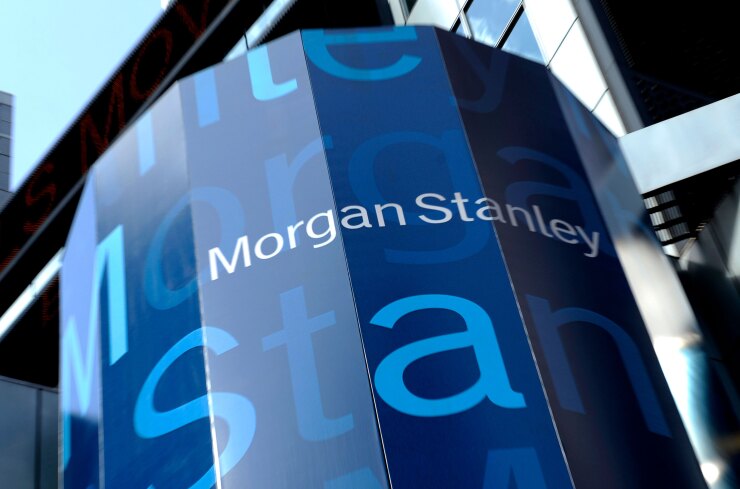Breaking News This Morning …
Profiting
Morgan Stanley beat expectations with

Receiving Wide Coverage ...
Bank earnings, continued
The second day of fourth quarter big bank earnings wasn’t nearly as good as the first one, when JPMorgan Chase and Citigroup announced strong results. Bank of America’s profit fell 4% “as the bank struggled to adjust to falling interest rates,” the Wall Street Journal says. Revenue also fell modestly.
“The drop in profit and revenue reflect how
However, the Financial Times notes, the bank’s earnings were better than expected, “as strong loan growth and a healthy U.S. consumer offset the impact of lower interest rates.”
“The results continue the trend seen in other bank results reporting this week:
BofA is bracing for even
At Goldman Sachs, the fallout from the 1MDB scandal “wiped out about 13% of the bank’s 2019 profits and darkened otherwise strong results,” the Journal says. The bank’s full-year profit dropped 19% as it took a charge to cover an expected settlement with U.S. regulators and prosecutors. The paper “previously reported that Goldman is negotiating to pay the U.S. Justice Department a fine of about $2 billion and plead guilty to violating antibribery laws.”
“The legal reserves pushed Goldman’s return on equity — a closely watched measure of shareholder value — to 10% for the year,
The “surge in litigation charges related to the 1MDB scandal led Goldman Sachs to miss earning expectations for the second consecutive quarter, underlining the challenges facing the U.S. bank as it prepares for its first investor day this month,” the FT says. “Overall the U.S. bank’s
As Goldman “preps for its first investor day in its two-decade history as a public company, [CEO David] Solomon is facing
Goldman said it sharply curtailed its originations of personal loans last year amid the roll-out of its credit card
Credit cards and trading, “the parts of the [banking] sector best suited to the current environment, stood out as big growth drivers” in the fourth quarter, the Journal says. “Consumers are healthy, enjoying rising wages and home values. And many trading clients were much more buoyant than a year earlier amid improving risk appetite and a renewed hunt for yield in fixed-income markets.”
“But is the latest quarter any kind of guide to longer-term performance for these institutions? Frustratingly, the
While the “growing tide of consumer debt helped propel some of the country’s largest banks to major profits last year,” the Washington Post says, “consumers’ growing debt loads, expected to increase $80 billion last year, are
Wall Street Journal
China opening?
The trade deal between the U.S. and China signed Wednesday “has given U.S. banks and financial companies new hope that their decades-long attempts to crack the Chinese market may bear fruit. The deal
“Visa and Mastercard, in particular, stand to gain. Their applications to operate in the country have languished. The deal requires China to make a decision on their applications and to provide a reason if it rejects them.”
Financial Times
Big Blue to the rescue
TSB, the U.K. bank that was “rocked by a
“The fiasco, which marked the most ambitious IT upgrade attempted in the country, cost TSB more than £350 million and led to the departure of a host of senior executives. The bank’s board and former executives placed much of the blame on Sabis, the in-house IT provider of its Spanish owner Banco Sabadell that previously managed most of TSB’s systems.”
You better not wait
“In a new warning to major banks and insurers,” the Bank of England and the Financial Conduct Authority want the firms to start showing “
Quotable
“Even though consumers are confident, people are still carrying significant debt. From a bank’s perspective,





